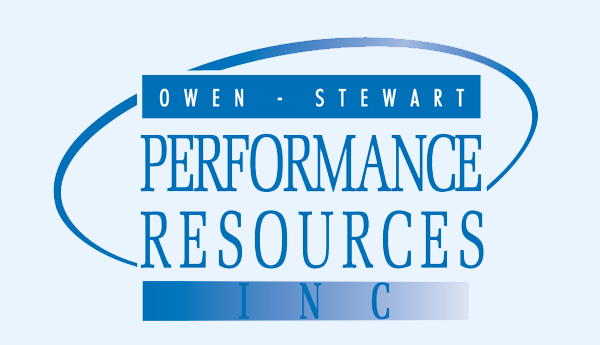The Performance Matters Series
- DVD or USB
- Leader's Guide
- Participant Worksheet
- PowerPoint Slides
- Self-Study Workbook
- Helps managers understand that criticism is an essential part of a manager's responsibilities
- Shows why people should only be criticized for what they've done, not what they are
- Emphasizes how criticism done badly can make things worse
- Lays down seven rules for ensuring that criticism is conducted effectively and without acrimony
- It's important to let people know why they are being praised
- Don't ruin the effect by adding on a "sting-in-the-tail" remark
- Make sure to pass on praise from customers or superiors
This two-part series give managers the insight they need to criticize their staff in a productive way and to give praise – both keys to improving performance.
In Part 1, The Need for Constructive Criticism, we are reminded that nobody enjoys being criticized and that few managers relish the prospect of having to criticize their staff. But it is a necessary part of managing and people shouldn’t have to wait until their next appraisal interview to learn that they have been doing something wrong.
This video is set in the offices of a district council, where an oversight in preparing for a meeting leads to the rejection of a sensitive planning application. The planning officer concerned shrinks from confronting an otherwise efficient assistant until a stern memo from the chief executive forces a rethink.
But rather than establishing what had happened and taking action to put it right, the officer makes a series of clumsy attempts to discipline the assistant – including telling him off in front of junior colleagues, failing to agree about what had gone wrong and criticizing him personally rather than what he had done.
Learning how to handle the situation correctly means understanding how the problem arose, and the assistant is able to suggest a means of avoiding similar mistakes in the future.
Part 2, The Importance of Praise, focuses on looking for reasons and opportunities to praise staff as a means of motivation and development. We learn that feeling unappreciated is at the top of the list of reasons why people consider leaving their jobs. This program illustrates that giving praise where it’s due is a management tool that’s powerful, cheap and easy to use.
When applied correctly, praise can lead to amazing improvements in both productivity and quality of work.
In this film, department with a high staff turnover is in danger of losing another member: the individual displayed initiative and commitment in helping a customer, yet their manager could only criticize the unauthorized expense of a taxi fare.
The employee’s attitude changes with renewed enthusiasm when the manager shows interest and appreciation in a job well done.
These two engaging programs can be purchased separately or as part of the set. Simply click on the title for further details and pricing information.
Available in French.


